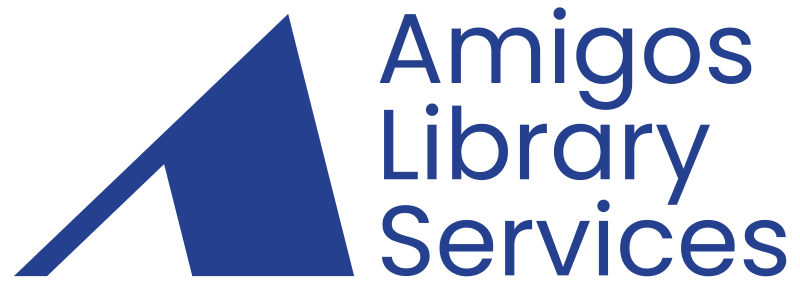Authority Control: Creating and Maintaining Consistency
Authority control, the process of ensuring consistent use of access points in bibliographic records, helps library users discover all relevant information within a library’s catalog. To be effective, authority requires record maintenance. This session will cover the basic principles of authority control and guide users on maintaining consistency in authority records.
